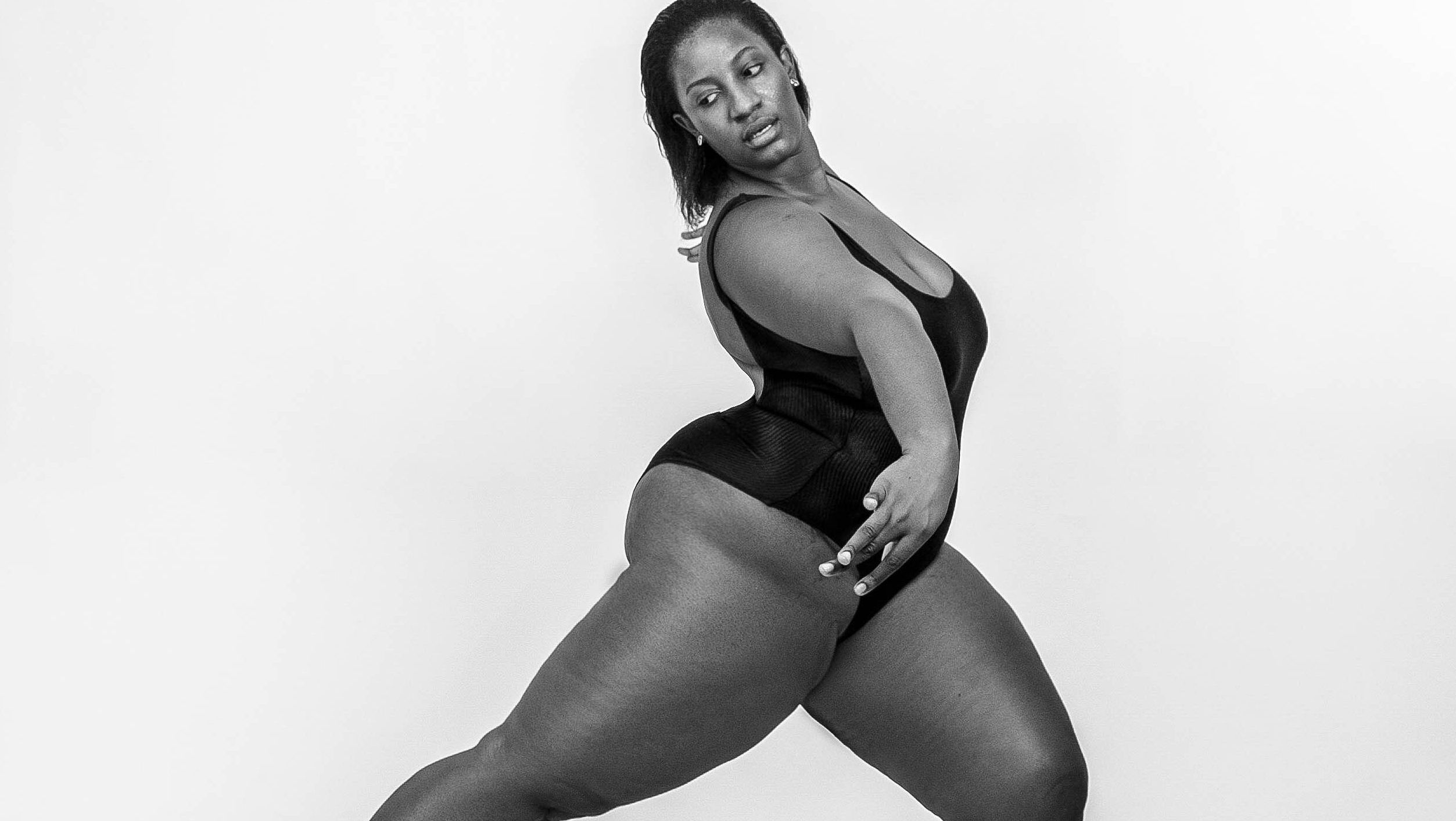Body image is a loaded topic for many of us and for many of my clients. Body image is the mental image of one’s own body. Our perception may influence how we see and feel about our bodies.
For some, the perception of our body may range in the flux of how we feel or view ourselves during a given moment. For others, the perception of our body may be so disruptive and skewed that it leans into a dysmorphic disorder.
Perception
Remember, it’s not about the food, the movement or the body. It’s what is being associated, displaced, and attached to the relationship with food, movement, and in this case, our body.
The body ends up being the scapegoat for our distress. A place to subconsciously displace our discomfort and possibly emotional dysregulation. When we experience fear, danger, and/ or threat, our body responds. We may lash out as a protective response or become trapped in a paralysis state as if we were a deer in front of headlights.
When our boundaries have been crossed and disrespected, we collapse or lash out in protection, a way to set a boundary. When we continue to experience threats, this hyper-vigilant state of being becomes a norm, a way of living. It becomes familiar. We then begin to lash out in a more passive-aggressive way. The anger we should have had with our aggressors is now displaced toward ourselves, and our bodies.
Victim shaming
Our body becomes the other instead of the abuser. Our body, which may have been abused physically, sexually, and or mentally is now our enemy. Something to control. Something to take our hurt, pain, and anger out on.
We are taking control, rather than being out of control when someone else or something else is in control. Hurting us. Abusing us. We are in control of the pain. Subconsciously. This leads to self-harming behaviors and a disconnect from our intuitive, authentic self.
Dissociating
Displaced anger, discomfort, and pain can happen in various relationships in our lives. We see this happening now in our external environment. A collective feeling of fear, discomfort, and grief gathers like a thick fog surrounding our community, and our body. Notice.
How are you moving through your day? What are you taking care of your physical, mental, and emotional well-being? How are you treating yourself and treating others? And how are they treating you? It comes down to tapping into our resilient and supportive self. For many, there is no time for self-care due to working overtime, caretaking, providing, and supporting others.
Surviving
How do you include yourself in these beautiful, strong skills of care-taking for others: Breathes. Positive self-talk. Adopting a gratitude practice with your kids and/or parents every morning and evening. It’s called a practice, not perfect. Build a support team, internally and externally. Take charge, rather than white-knuckling it. Take charge by asking for support.
Would you like to learn more about working with an Evolve clinician?
Click below to schedule a free intake call.
-Written by Natalie Makardish, MA, RYT
www.nataliemakardish.com


